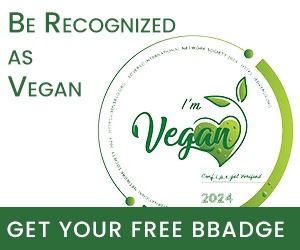Heart health remains a crucial aspect of overall well-being, with heart disease marking a leading cause of mortality worldwide. Amidst this, the conversation around diet and its impact on heart health is more relevant than ever. A growing number of health professionals advocate for the benefits of a plant-based diet in promoting heart health, presenting a compelling case for reevaluating our dietary choices.
The Significance of Heart Health
The heart’s pivotal role in our bodies cannot be overstated, driving essential functions by circulating blood, oxygen, and vital nutrients. The lifestyle choices we make, including diet, directly influence the heart’s ability to perform these critical tasks efficiently. With heart disease as a predominant threat, understanding the dietary factors at play is key to prevention and management.
The Case for a Plant-Based Diet
Research underscores the link between diet and heart disease, with a Western diet high in processed foods and animal products correlating with increased risk. Conversely, a plant-based diet, rich in fruits, vegetables, nuts, seeds, and whole grains, aligns with lower risk factors for heart disease. This dietary approach offers a nutrient-dense, antioxidant-rich alternative that supports heart health.
Expert Recommendations for Heart-Healthy Living
- Embrace Lifestyle Changes: Dr. Joel Kahn emphasizes six fundamental lifestyle adjustments, including diet and physical activity, that can drastically reduce heart disease risk. He also highlights certain heart-protective foods and beverages, advocating for their inclusion in a heart-healthy diet.
- Dispel Protein Myths: Dr. Michelle McMacken challenges the misconceptions surrounding protein and carbohydrates, advising against low-carb, high-protein diets that may harm heart health. She advocates for a balanced approach that addresses the root causes of heart disease.
- Rethink Fish Consumption: The Physicians Committee for Responsible Medicine (PCRM) disputes the perceived health benefits of fish, pointing to its cholesterol and saturated fat content, along with the presence of harmful toxins. They recommend a shift towards plant-based sources for heart health benefits.
- Prioritize Leafy Greens: Rich in nitrates and other heart-healthy nutrients, leafy greens are a superfood for cardiovascular health. Incorporating these into your diet in various forms can contribute to lower blood pressure and a reduced risk of heart disease.
- Focus on Antioxidant-Rich Foods: Dr. Michael Greger emphasizes the importance of consuming foods high in antioxidants, fiber, and potassium as part of a diet low in animal-based products and excess fats. This nutritional strategy can pave the way for a healthier heart and a longer life.
Conclusion
The evidence supporting a vegan diet for heart health is compelling, offering a preventive and potentially restorative approach to managing heart disease. By incorporating the advice of medical professionals and focusing on nutrient-rich, plant-based foods, individuals can take significant strides towards improving their heart health. As we navigate the challenges of maintaining cardiovascular well-being, embracing a plant-based diet emerges as a powerful tool in our arsenal for a healthier, more vibrant life.








